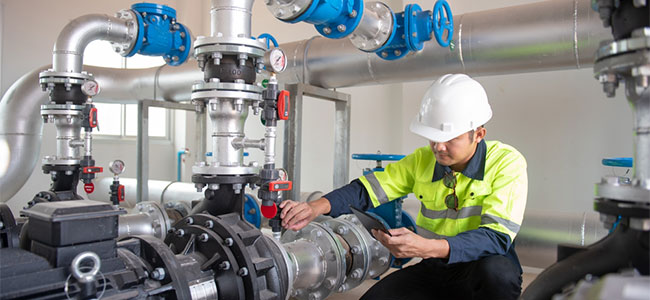
EPA Announces $30.7 Million in Grants for Water Systems in Small Rural Communities
The funding will go to safe drinking water and wastewater services.
- By Robert Yaniz, Jr.
- Dec 05, 2023
The U.S. Environmental Protection Agency (EPA) has announced the availability of $30.7 million in grants aimed at providing technical assistance and training to enhance water systems in small and rural communities. This initiative aims to ensure these communities have access to safe drinking water and efficient wastewater treatment systems.
“Many small drinking water systems face challenges when working to provide reliable and safe drinking water to their communities,” EPA Assistant Administrator for Water Radhika Fox said in a statement. “Funding to support upgrading water infrastructure is central to President Biden’s Investing in America Agenda. With this grant funding, the EPA is building on our technical assistance efforts by providing another resource for disadvantaged and often rural, communities to gain access to their fair share of federal investment through training and technical assistance.”
The funding targets small water systems that often grapple with issues such as aging infrastructure, workforce shortages and increasing operational costs. The grants aim to bridge these gaps by investing in the communities most in need of support. Organizations that work closely with water systems—including nonprofit entities, nonprofit private universities, colleges, and public institutions of higher education—are eligible to apply for these competitive grants.
This new funding opportunity is open for 60 days and will be competed through a Request for Application process. EPA expects to award between three to nine cooperative agreements with this funding, aiming to support small public water systems in complying with the Safe Drinking Water Act, improving water quality in wastewater systems, and aiding private well owners.
The application period is currently open, with a deadline for questions set for January 18, 2024, and final applications due by February 2, 2024. For more information, visit the EPA website.
About the Author
Robert Yaniz, Jr. is the Content Editor for Environmental Protection.